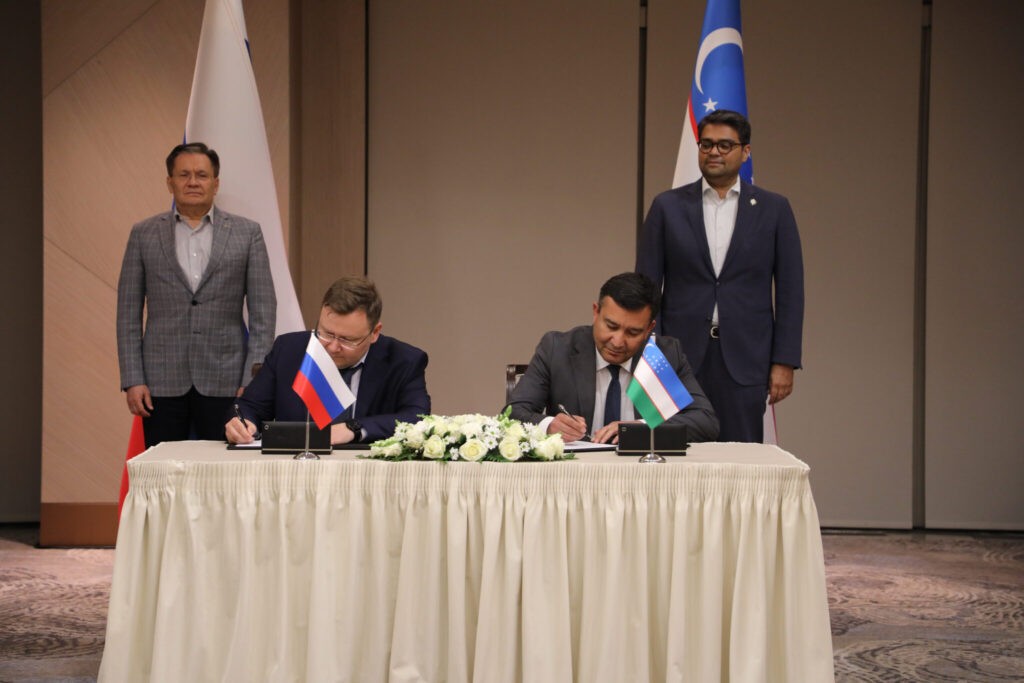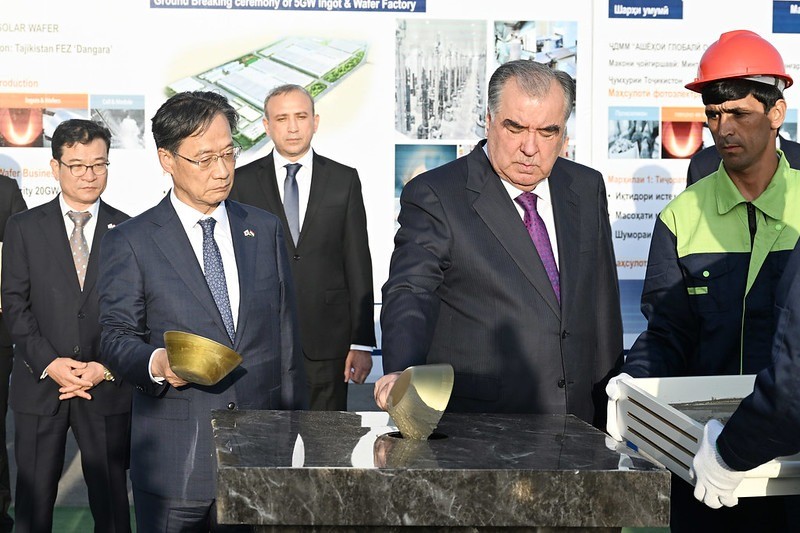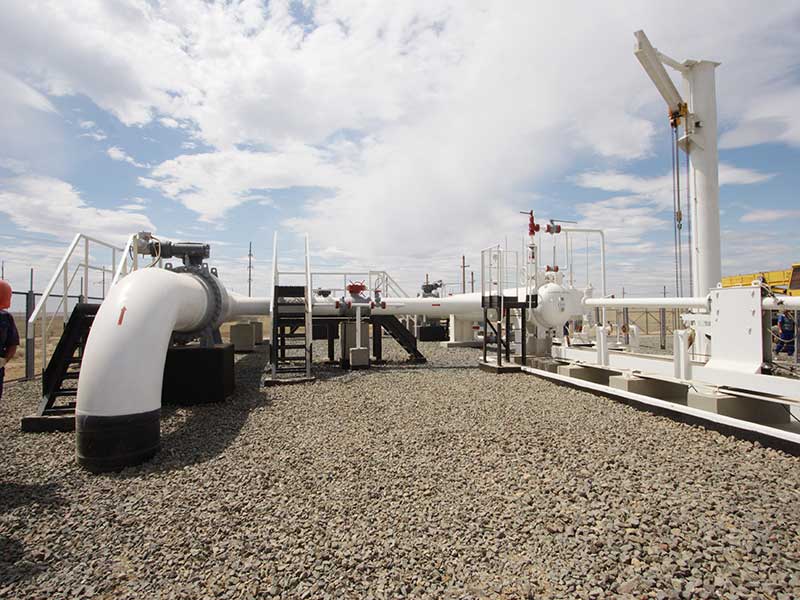Almaty Hosts Conference on Tackling Climate Change in Central Asia
On 27 May, delegations from Central Asian countries and international experts convened in Almaty, Kazakhstan to discuss pressing issues of sustainable water and land management, energy, food security, and environmental sustainability in the context of climate change in the region.
Held annually, the Central Asia Climate Change Conference provides a platform to advance regional cooperation in addressing the impact of climate change and transboundary climate risks.
This year’s event, CACCC-2024, attracted over 400 participants, including policy and decision makers from Central Asian countries, international development partners, and representatives from civil societies, the private sector, and academia.
Addressing the delegates, Zafar Makhmudov, Executive Director of the Regional Environmental Centre for Central Asia (CAREC) announced: “Central Asia is vulnerable to the adverse effects of a rapidly changing climate, given its agricultural economy, aging infrastructure, and rapid population growth. The need to improve regional cooperation in energy and water resources management alongside approaches to adaptation to climate change is obvious. The conference aims to strengthen this cooperation to increase the region’s resilience.”
Regarding funding, Tatiana Proskuryakova, World Bank Regional Director for Central Asia, stated, “Climate change is an urgent challenge, and the countries of Central Asia can only address it if they work together. This means tackling a broad set of issues simultaneously, from adopting and implementing green policies to deploying green financing and investing in renewable energy, sustainable agriculture and natural resource management. We will continue working hand in hand with our government counterparts, sharing our analysis and advice, but also providing finance for priority investment projects for the benefit of people in Central Asia.”
On an encouraging note, Dr. Caroline Milow, Programme Manager for the Green Central Asia Initiative, GIZ added: “With the adoption of the Regional Climate Change Adaptation Strategy, Central Asia is one step ahead of many other regions in the world. It helps further cooperation and coordination to strengthen adaptation and mitigation to climate change, which is ever more felt in the region. I am positive that these joint efforts among the countries will bear fruit for the entire population of the Aral Sea Basin.”








